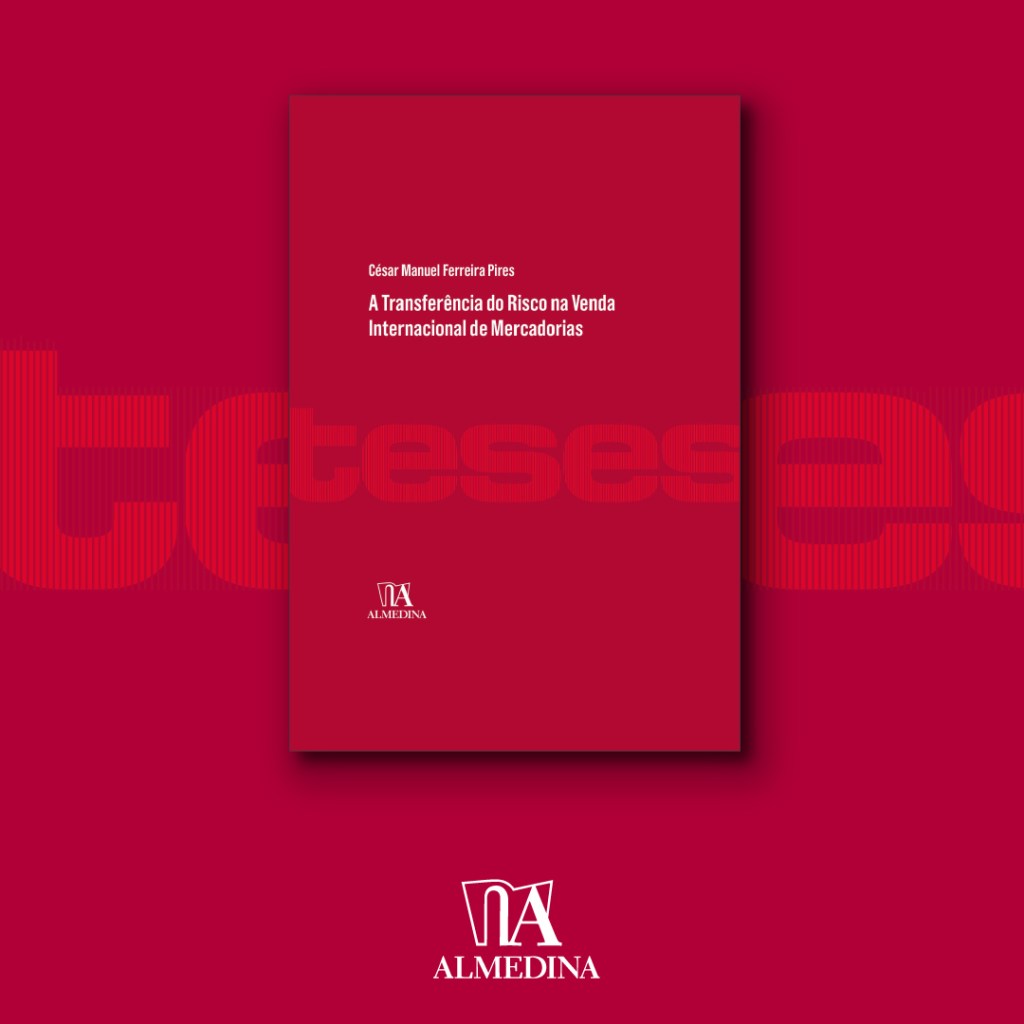The Conference aims to address the most pressing and recent challenges in international transactions and dispute resolution, offering participants a comprehensive discussion across a broad spectrum of topics.
The 11th Conference will be held in a hybrid format. Speakers and a number of attendees will gather in person at Universidad Panamericana, Guadalajara, while remote participants will be able to follow the event online through the UP ZOOM virtual platform.
More details here

